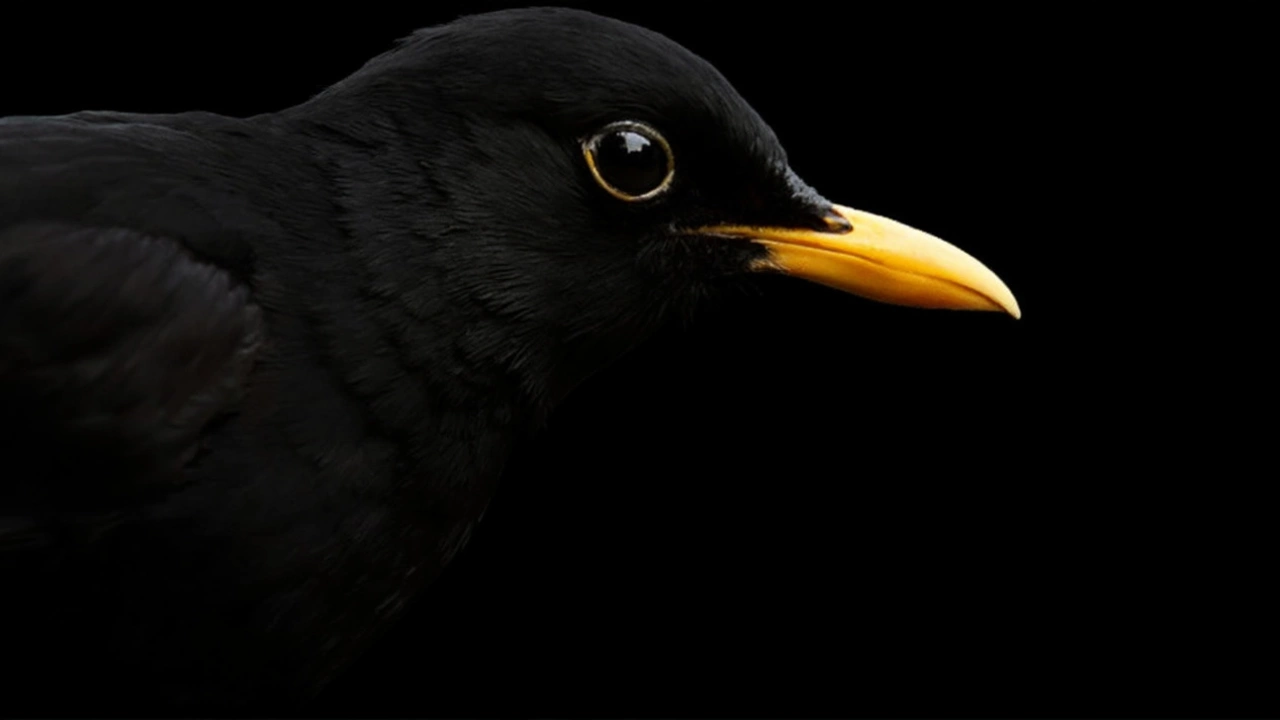Everything You Need to Know About Mosquito‑Borne Diseases
Mosquitoes do more than annoy you on a hot night – they can spread serious illnesses. From malaria to dengue, these diseases affect millions every year. Knowing the basics can keep you safe whether you’re at home or traveling.
What Are the Main Mosquito‑Borne Diseases?
Most people think of malaria, but there are several other bugs you should watch for:
- Malaria – caused by Plasmodium parasites, transmitted by Anopheles mosquitoes. Common in sub‑Saharan Africa and parts of Asia.
- Dengue fever – a viral infection spread by Aedes mosquitoes. It gives high fever, joint pain and rash.
- Zika virus – also carried by Aedes mosquitoes. It’s usually mild but can cause birth defects if a pregnant woman gets infected.
- West Nile virus – spread by Culex mosquitoes. Most people have no symptoms, but some develop fever and neurological problems.
- Chikungunya – another Aedes‑borne virus that leads to severe joint pain that can last months.
These illnesses share a common vector – the mosquito – but each needs its own approach for treatment and prevention.
How to Spot the Symptoms Early
Early detection saves lives. Here’s what to look for:
- Fever and chills – a sudden spike often means malaria or dengue.
- Headache and muscle aches – common in most mosquito‑borne infections.
- Rash or red spots – typical for dengue and Zika.
- Joint pain – especially intense with chikungunya.
- Neurological signs – confusion, seizures, or paralysis suggest West Nile or severe malaria.
If you notice any of these after a mosquito bite, see a doctor right away. A quick blood test can confirm the disease and start treatment earlier.
Practical Ways to Prevent Bites
Prevention beats treatment every time. Follow these simple steps:
- Use insect repellent with DEET, picaridin, or oil of lemon eucalyptus on exposed skin.
- Wear long sleeves and pants, especially at dawn and dusk when mosquitoes are most active.
- Sleep under a properly‑tucked‑in bed net if you’re in a high‑risk area.
- Remove standing water around your home – anything from flower pots to old tires can become a breeding site.
- Keep windows and doors screened; use fans to keep insects away.
Travelers should also check destination‑specific advice. Some countries recommend prophylactic medication for malaria, so talk to your doctor before you go.
Treatment Options You Should Know
Treatment varies with the disease:
- Malaria – treated with antimalarial drugs like artemisinin‑based combination therapy (ACT). Early treatment reduces the risk of severe complications.
- Dengue – no specific antiviral; focus on hydration and pain relief. Severe cases need hospital care.
- Zika – rest, fluids, and acetaminophen for fever. Pregnant women should be monitored closely.
- West Nile – most recover without medication; severe cases may need supportive hospital care.
- Chikungunya – similar to dengue, with emphasis on rest and anti‑inflammatory meds for joint pain.
Never take aspirin or ibuprofen for dengue because they can increase bleeding risk. Always follow a health professional’s advice.
Quick FAQ
Can I get a mosquito‑borne disease from a bite in my backyard? Yes, if local mosquitoes carry the pathogen.
Do repellents work against all mosquito species? Most modern repellents work against Aedes, Anopheles, and Culex mosquitoes.
Is there a vaccine? There’s a vaccine for yellow fever and a recent one for dengue in some countries, but most diseases rely on prevention.
Stay alert, protect yourself, and act fast if you feel sick. Mosquito‑borne diseases can be serious, but with the right knowledge you can keep them at bay.
